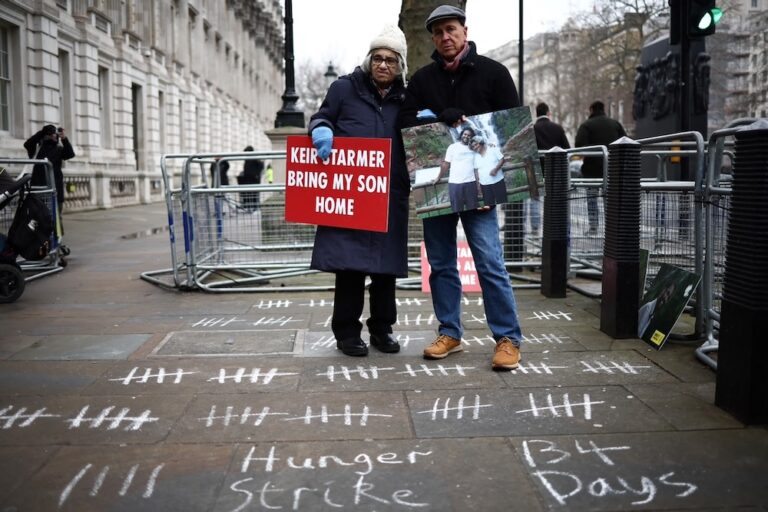Successive government decisions are restricting media freedom in the run-up to parliamentary elections, ANHRI said.
(ANHRI/IFEX) – The Arabic Network for Human Rights Information expressed concern for the successive decisions that clearly restrict media freedoms in Egypt prior to the forthcoming public elections. The NileSat administration has decided to close down four satellite TV channels: ElNas, AlHafez, Asseha wa AlGamal and Kalijyia, and issue a warning to ONTV and AlFaraeen.
The government has also decided to implement the arbitrary decision demanding that all TV channels operating in Egypt obtain a live broadcasting permit from the Ministry of Information.
The managing board of the media free zone has issued the closure order and warnings, alleging the channels have breached the license terms regarding aired content, without specifying which content in particular. The chairman of the Investment Authority declared that the media free zone board reviewed the terms and conditions and have set new ones with which all channels airing on NileSat have to abide. The chairman did not specify the new terms or their legality and compliance with the constitution and international conventions regarding freedom of expression.
The Arabic Network believes that the recent closings, live broadcasting permit requirements, ongoing sms censorship, as well as the censorship of three talk shows presented by Amr Adib, Ibrahim Eissa and Alaa Sadek and the silencing of “Dostor” magazine are all steps in the clear path of absolute loyalty to the government or absolute silence.
The Arabic Network said, “The government has gone hysterical over limiting freedom of expression. It is a drastic retreat to the days before 2005 when the calls for the long missed democracy and reforms started. Hundreds of bloggers and journalists paid dearly for their call as well as thousand of activists who were jailed or tortured.
This widespread crackdown is the most aggressive of the Egyptian government that inhibits freedom of expression. The crackdown is led by the Ministries of the Interior, Information and Communications, National Telecommunications Regulatory Authority (TRA), the General Investment Authority and opposition imposters, and even some human rights organizations that were credible once but lately have sided with the government in the attack on other organizations for some hidden interests.
The Arabic Network believes that the recent incidents clearly indicate that the government plans to control all media outlets before the public elections in November 2010, which will pave the way for the presidential elections in 2011. This is putting media freedoms to an indefinite halt. All those concerned with democracy must work to preserve and protect freedoms so that Egypt does not become another Tunisia or Saudi Arabia.


